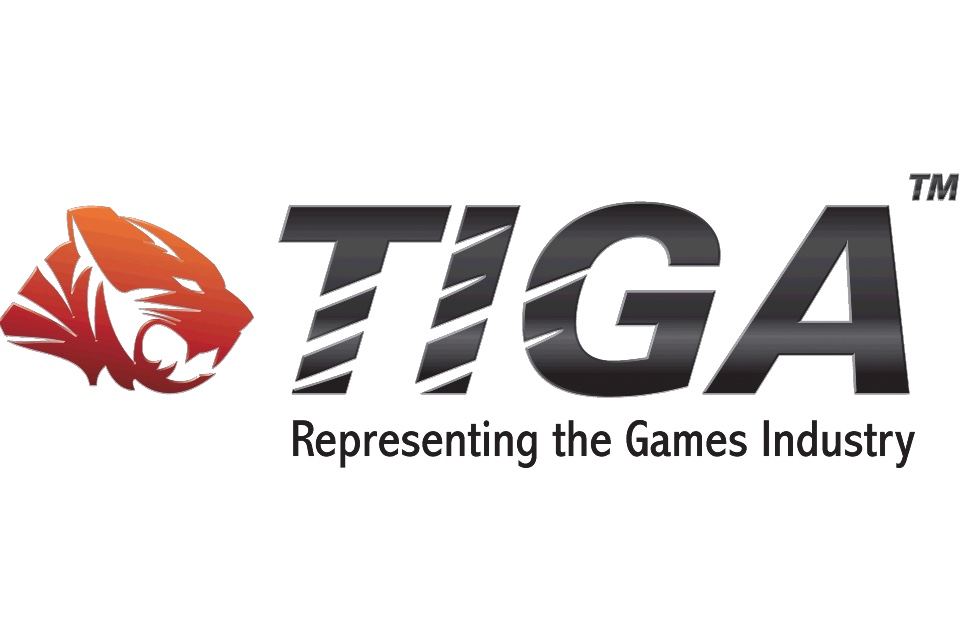
The UK Government has published its plans for immigration in a White Paper: The White Paper, Restoring Control Over The immigration System. The White Paper outlined a series of measures to reduce migration numbers. These have implications for employers:
- The threshold for skilled worker visas will be increased to graduate level to reduce lower skilled migration. The Regulated Qualifications Framework (RQF) is a system used to categorise qualifications based on their level of difficulty. Occupations that require an RQF 6 or above are highly skilled and typically require an undergraduate degree. The Skilled Work Visa introduced in 2020 lowered the skills threshold for skilled work to RQF 3. The Government plans to raise skilled worker visas back to RQF 6.
- The Immigration Skills Charge will increase for the first time since its introduction in 2017, by 32% in line with inflation.
- A Labour Market Evidence Group will be established to make informed decisions about the state of the labour market and the role that different policies should play, rather than always relying on migration.
- There will be new requirements for workforce strategies for key sectors where there are high levels of recruitment from abroad.
- A new Temporary Shortage List will be introduced to provide time limited access to the Points-Based immigration system. Occupations below RQF 6 must be listed on the Temporary Shortage List to gain access to the immigration system.
- Access to the Points-Based immigration system will be restricted to occupations where there are long term shortages, for a limited period of time, where the Migration Advisory Committee (MAC) has advised it is justified, where there is a workforce strategy in place, and where employers seeking to recruit from abroad are committed to playing their part in increasing recruitment from the domestic workforce.
- The Government will explore how employers using the immigration system are encouraged to invest in increasing domestic talent, including options to restrict employers sponsoring skilled visas if they are not committed to increasing skills training.
- The very highly skilled will have opportunities to come to the UK, via the Global Talent Visa and Innovator Founder visa.
- English language requirements for visa holders and dependants will be increased and there will be additional restrictions on visa holders aiming to bring dependants to the UK.
Universities will also be affected by plans set out in the White Paper:
- The Government will reduce the ability for Graduates to remain in the UK after their studies to a period of 18 months, down from the current 2 years.
- The Government will explore introducing a levy on higher education provider income from international students, to be reinvested into the higher education and skills system. Further details will be set out in the Autumn Budget.
Settlement and citizenship rules will change:
- The standard qualifying period for settlement will rise from five to ten years.
- However, individuals will have the opportunity to reduce the qualifying period to settlement and citizenship based on contributions to the UK economy and society.
Dr Richard Wilson OBE, TIGA CEO, said:
“Employers in the games industry typically prefer to hire employees from the UK. Games development studios respond to skill shortages by investing in training. Additionally, TIGA enhances education and skills through our accreditation programme, the TIGA Games Education Awards and our education conferences, which bring industry and academia together to share best practice.
“However, game studios cannot always hire employees from the UK to fill skill shortages. For certain roles there is a shortage of applicants with the required skills, experience, or qualifications. It is important that the Government continues to enable employers to recruit highly skilled people from overseas to overcome skill shortages and to assemble the best teams to create the best games. A migration system that enables studios to recruit highly skilled people from abroad enhances the attractiveness of the UK as a destination for foreign direct investment.
“UK universities make a significant contribution to the UK economy. Measures that reduce the appeal of the UK as a country in which to study could have a negative impact on universities and on the ability of higher education to contribute to economic growth.”

